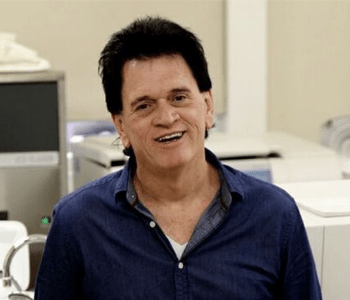
Overcoming drug resistance in advanced (metastatic) breast cancer
Published: 10/9/19 1:48 AM

Des Richardson
Over time, breast cancers that have spread to other parts of the body (also called advanced or metastatic cancer) become resistant to current treatments and these patients have a very poor prognosis.
With the response rate to first line treatments (such as chemotherapy) for advanced breast cancer between 30-70 per cent, and the disease-free period often only 7-10 months, discovering new therapeutic targets and drugs for advanced breast cancer treatment is crucial.
Multi-drug resistance in breast cancer is linked to the drug-resistance protein, P-glycoprotein, which is associated with disease relapse and death.
Professor Des Richardson and his team aim to target this protein with a new drug. They have recently developed an innovative strategy where novel compounds hijack a tumour’s cell drug-resistance machinery (P-glycoprotein) to trick and kill drug-resistant cancer cells.
The aim of the study is to develop and test the chemical make-up of the new drug to overcome tumour resistance so it is effective in treating advanced breast cancer.
They will establish biomarkers (blood test) to gauge whether the treatment is working, and determine the appropriate dosage, so it can be fast-tracked for clinical trials and be available for use in the next few years.